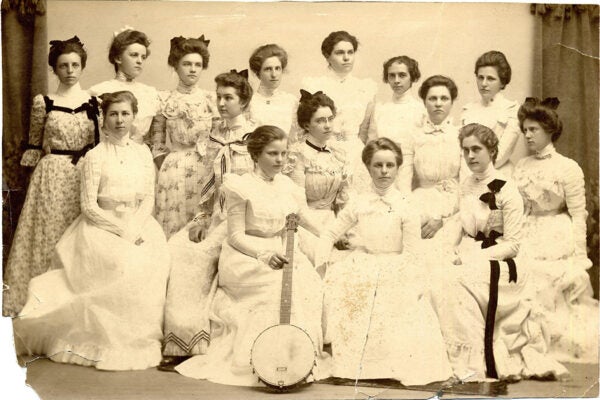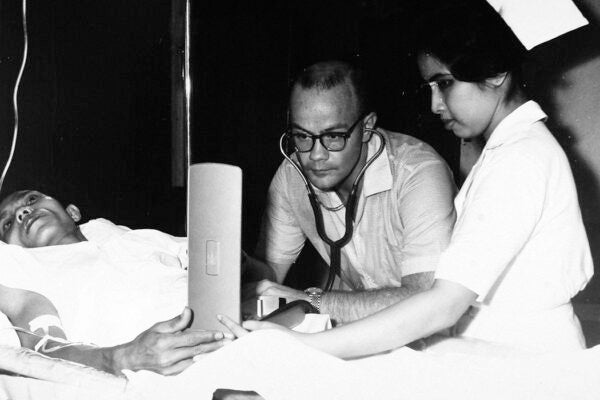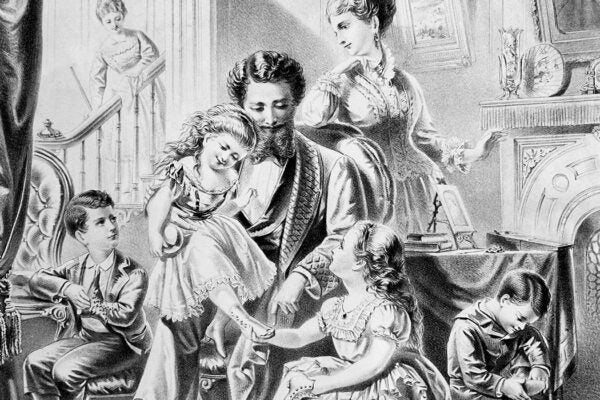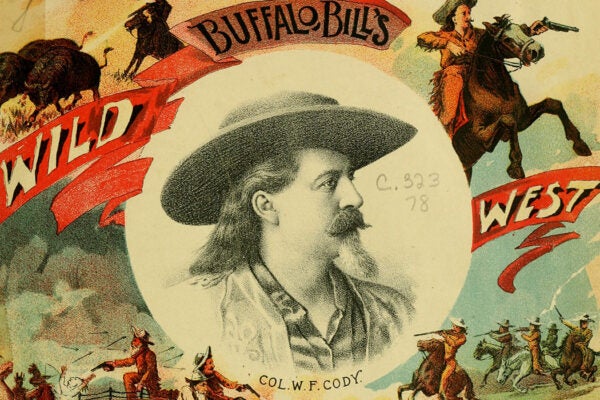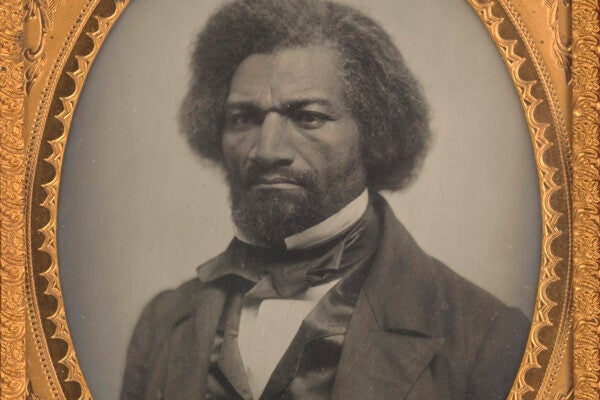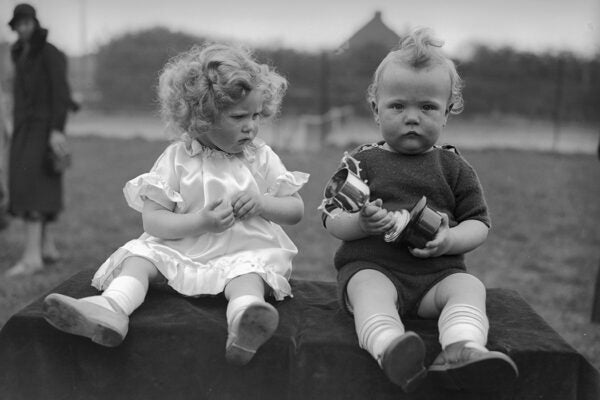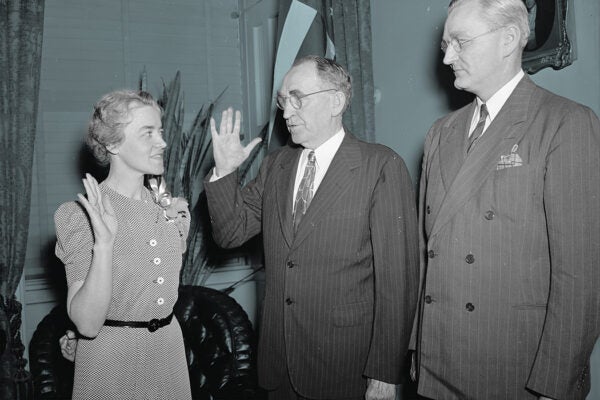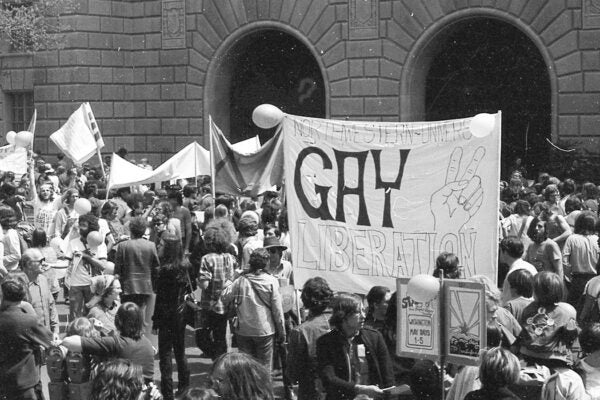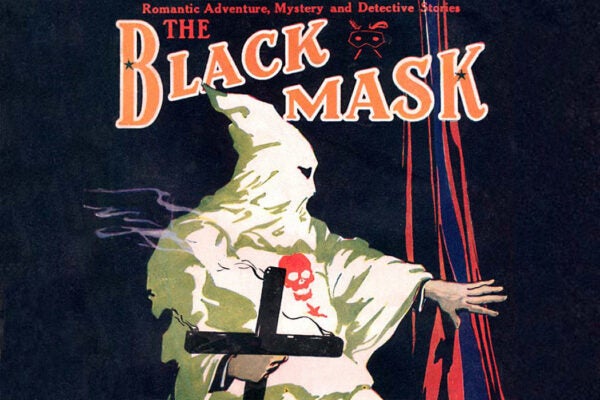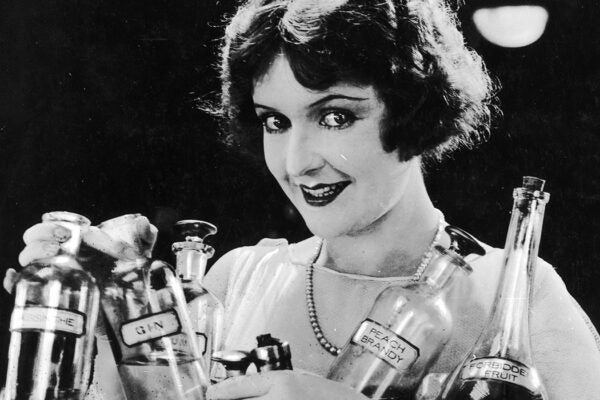The Nineteenth-Century Banjo
Derived from an instrument brought to America by enslaved Africans, the banjo experienced a surge of popularity during the New Woman movement of the late 1800s.
Who’s Afraid of the Filipina Coed?
Cultural depictions of the "transpacific Filipina" reflected anxieties about the changing education and social roles of women in the Cold War Philippines.
The Rise of the Domestic Husband
In the late 1800s, advice writers targeting white, middle-class Americans began encouraging men to become more engaged in the emotional lives of their households.
The Triumphalism of American Wild West Shows
From the 1880s to the 1930s, hundreds of Wild West shows encouraged white audiences to view Native American culture as a rapidly vanishing curiosity.
“What to the Slave is The Fourth of July?”: Annotated
On July 5, 1852, Frederick Douglass gave a Fourth of July speech that became his most famous public oration.
Darling or Degrading? Baby Shows in the Nineteenth Century
A stunningly popular form of entertainment, baby pageants promoted the cult of domesticity, showcased maternal pride, and opened a path to fame and wealth.
Declaration of Conscience: Annotated
In June 1950, Senator Margaret Chase Smith criticized Joseph McCarthy's anticommunist campaigns. She was the first of his colleagues to challenge his Red Scare rhetoric.
Coming Out Against The Vietnam War
The war radicalized many draft-age men, gay as well as straight. They helped normalize certain expressions of homosexuality while trying to avoid the draft.
The Gumshoes Who Took On the Klan
In the pages of Black Mask magazine, the Continental Op and Race Williams fought the KKK even as they shared its love of vigilante justice.
Whiskey, Women, and Work
Prohibition—and its newly created underground economy—changed the way women lived, worked, and socialized.
